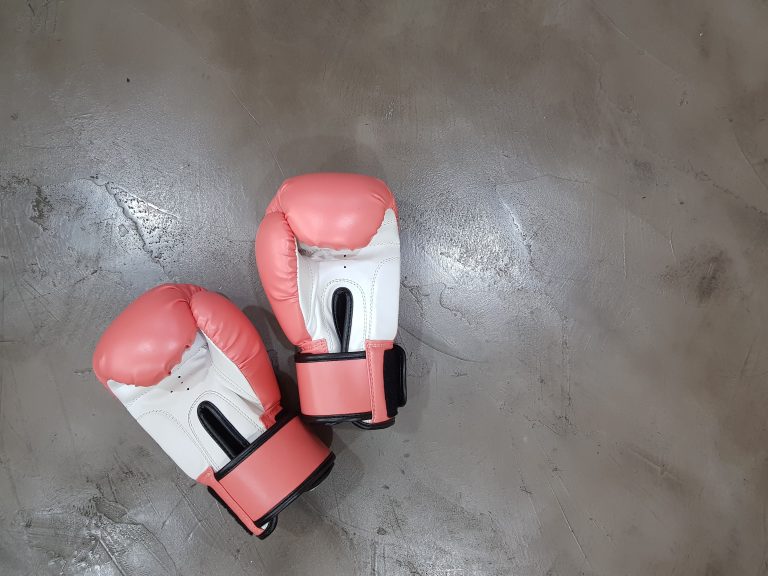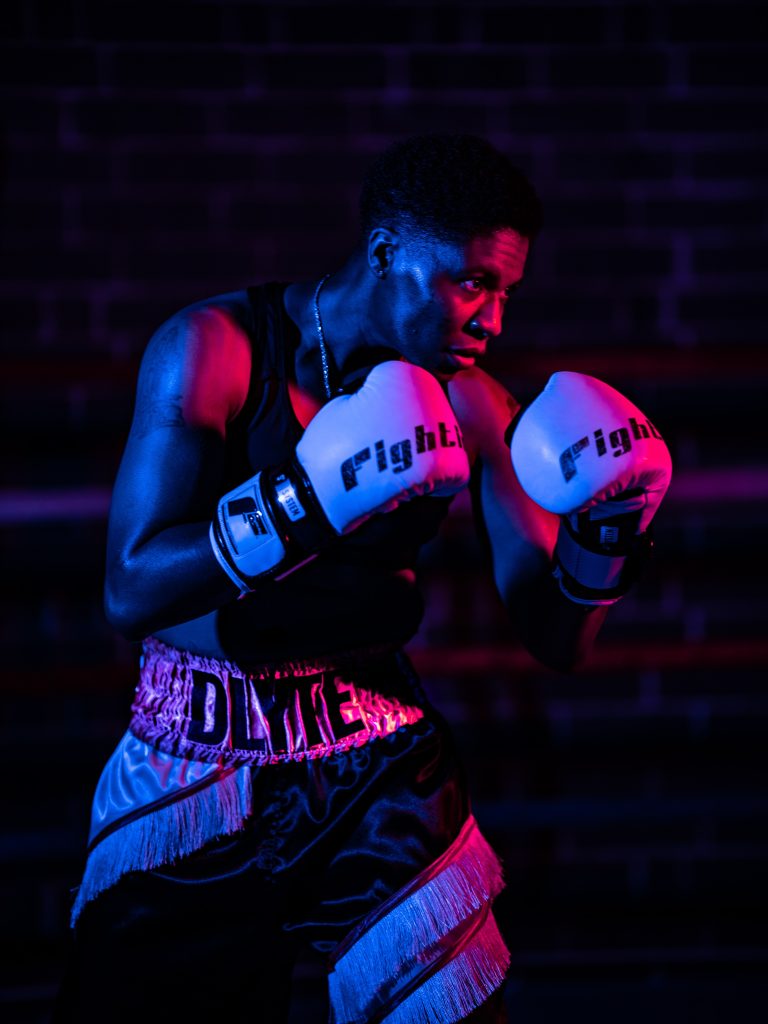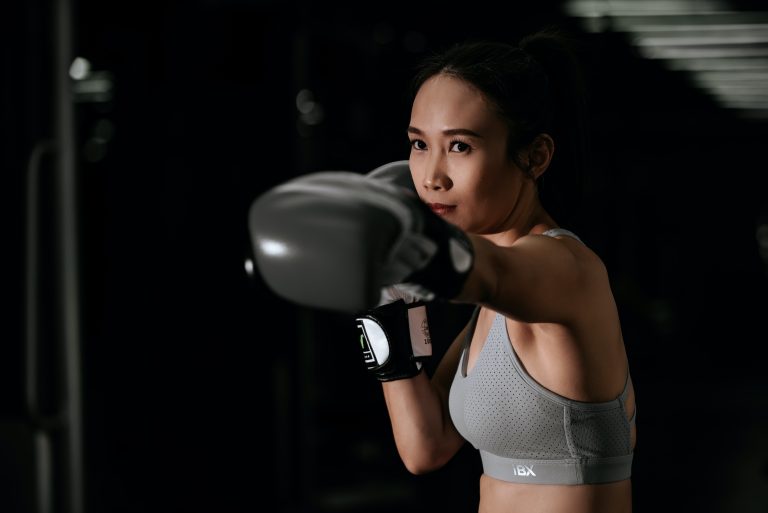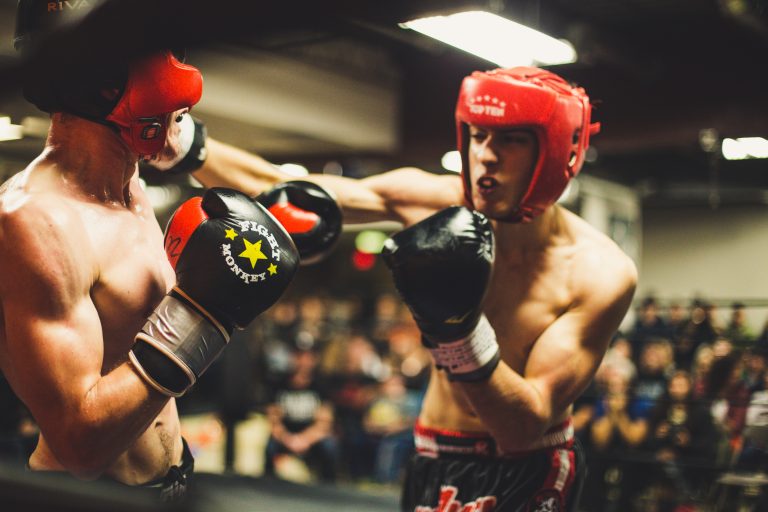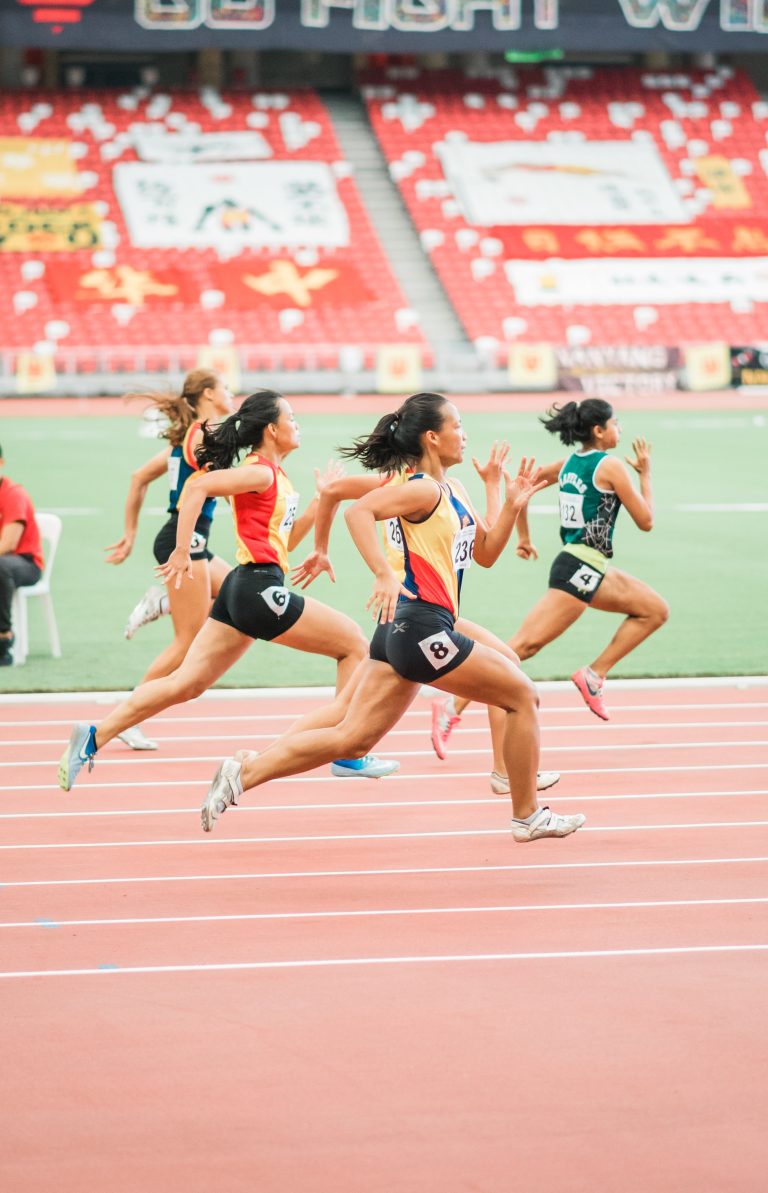The 10 Most Important Basic Karate Rules for Training in the Dojo
Karate, a Japanese martial art, is not only about learning self-defense. It’s also about cultivating virtues and values such as discipline, respect, humility, and perseverance. Karate training requires focus, dedication, and adherence to specific rules and etiquette. Here are the 10 most important basic karate rules for training in the dojo:
1. Bowing is a sign of respect and gratitude.
In karate, bowing is an essential part of the etiquette. You should bow when entering and leaving the dojo (training hall), when greeting your partner, and when starting and finishing a practice. Bowing is a way to show respect to your fellow karateka (karate practitioners), your sensei (teacher), and the art of karate itself.
2. Be punctual and prepared.
Arriving late for class is not only disrespectful but also disruptive. You should arrive at least 10-15 minutes before the scheduled time to change into your gi (karate uniform), warm up, and be mentally and physically ready for training. Make sure to bring all the necessary equipment, such as hand wraps, mouthguard, and water bottle.
3. Follow the dojo rules and regulations.
Each dojo has its own set of rules and regulations that you should follow. These rules may include specific dress code, behavior, and training protocols. It’s your responsibility to know and comply with these rules to avoid any conflicts or misunderstandings.
4. Listen and obey your sensei.
Your sensei is your guide and mentor in your karate journey. It’s crucial to listen carefully to their instructions, corrections, and feedback. You should also obey their commands during training, such as bowing or stopping the practice. Respecting and trusting your sensei is essential for improving your skills and character.
5. Train with humility and open-mindedness.
Karate is a lifelong learning process. No matter how experienced or skilled you are, there’s always something to learn and improve. Therefore, you should adopt a humble and open-minded attitude towards training. Don’t be afraid to ask questions, seek feedback, or learn from your mistakes. Be respectful towards your training partners and avoid showing off or bragging.
6. Train with discipline and focus.
Karate training requires discipline and focus. You should follow the prescribed techniques, drills, and exercises with attention to details and proper form. Avoid distractions, such as using your phone or talking during training. Train with a purpose and a goal in mind, whether it’s improving your strength, speed, or technique.
7. Avoid rough or careless behavior.
Karate is not about hurting or injuring your partner. You should practice techniques and sparring with control and care, avoiding rough or careless behavior. If you accidentally hurt your partner, apologize sincerely and check if they’re okay. Respect your partner’s limits and avoid pushing them beyond their comfort zone.
8. Maintain proper hygiene and cleanliness.
Karate training involves physical contact, sweat, and sometimes blood. Therefore, it’s essential to maintain proper hygiene and cleanliness to prevent the spread of germs and infections. Shower before and after training, wash your gi and equipment regularly, and trim your nails to avoid scratching your partner.
9. Respect the dojo environment and equipment.
The dojo is a sacred space for karate training. You should treat it with respect and care, avoiding any behavior that may damage the environment or equipment. Don’t lean on the walls or mirrors, don’t throw or drop your equipment, and don’t use the dojo for non-karate-related activities.
10. Reflect and learn from your training.
After each training session, take a few moments to reflect on your performance and learning. Ask yourself what you did well, what you need to improve, and what you learned from your sensei and partners. Write down your observations and goals in a notebook or journal to track your progress and motivate yourself.
In conclusion, karate training in the dojo requires not only physical skills but also a virtuous character and respectful attitude. By following these 10 basic rules, you can enhance your training experience, build meaningful relationships with your fellow karateka, and cultivate a lifelong love for karate.
The 10 Most Important Basic Karate Rules for Training in the Dojo – FAQ
Karate is a highly respected martial art that has been around for centuries. Its techniques and philosophies have been honed and refined over time, making it one of the most effective forms of self-defense. However, to get the most out of your training in the dojo, it is important to adhere to certain rules and guidelines.
In this article, we will provide answers to some of the most frequently asked questions about the 10 most important basic karate rules for training in the dojo.
1. What is the meaning of bowing in karate?
Bowing is an important part of karate etiquette, and it is used to show respect for your opponents, instructors, and the art itself. In karate, bowing is used to acknowledge someone’s presence, to show gratitude or respect, and to signify the beginning and the end of a training session. When entering or leaving the dojo, you should bow.
2. Why is proper attire important in karate?
Proper attire is essential when practicing karate. You should wear a clean, white uniform called a gi, which consists of a jacket, pants, and a belt. The uniform is a symbol of respect for the art of karate, and wearing it shows that you take your training seriously.
3. What is the purpose of meditation in karate?
Meditation is a crucial part of karate training, and it helps practitioners to focus their minds and increase their awareness of their surroundings. Meditation also promotes relaxation, helps to reduce stress levels, and improves mental clarity.
4. Can I train karate without a teacher?
It is possible to practice karate without a teacher, but it is not recommended. Without proper guidance, you may develop bad habits that can hinder your progress or even cause injury. A qualified karate instructor can help you learn the correct techniques, provide feedback on your form, and keep you safe during training.
5. What is the importance of sparring in karate?
Sparring is an essential part of karate training as it allows practitioners to put their techniques and skills to the test against a live opponent. It helps to improve timing, distance, and accuracy, and provides an opportunity to develop strategies for different fighting scenarios.
6. What should I do if I get hurt during training?
If you get hurt during training, you should inform your instructor immediately. They will assess your injury and provide appropriate advice on the next steps. If necessary, they may advise you to see a doctor or seek medical attention.
7. What is the role of discipline in karate?
Discipline is a fundamental aspect of karate, and it helps practitioners to develop self-control, focus, and determination. It encourages practitioners to set goals and work towards achieving them, even in the face of adversity.
8. How often should I practice karate?
The frequency of your practice should depend on your goals and your schedule. Ideally, you should practice karate at least two to three times a week to see significant results.
9. What is the importance of respect in karate?
Respect is crucial in karate as it promotes a positive training environment and helps build a strong sense of community among practitioners. Showing respect for your opponents, instructors, and the art itself is essential in upholding the values and traditions of karate.
10. What is the role of the Sensei in karate?
The Sensei is the teacher in karate, and they play a critical role in guiding their students through their training. They provide instruction on techniques, offer feedback on form and progress, and create a safe and supportive training environment.
In conclusion, adhering to the 10 most important basic karate rules for training in the dojo is vital in helping practitioners get the most out of their training. Respecting the art, practicing regularly, and showing discipline and respect for others are all key ingredients in becoming a successful karate practitioner.
Inhaltsverzeichnis

